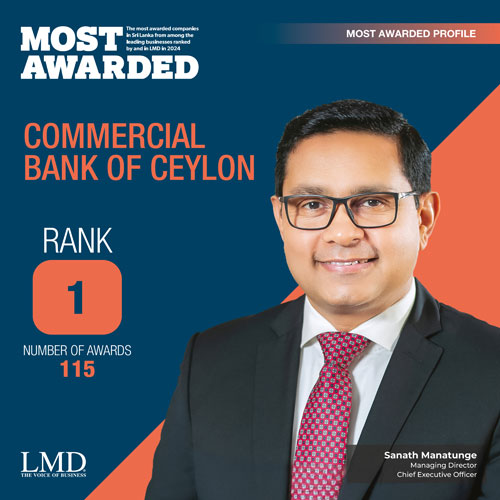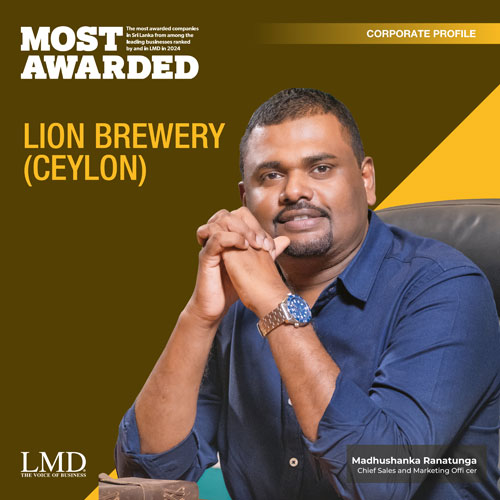BENCHMARKING SUCCESS
Validating Achievements
Venkkat Ramanan
 Q: What do you believe is the most important facet of an award – recognition, validation or motivation for continued excellence?
Q: What do you believe is the most important facet of an award – recognition, validation or motivation for continued excellence?
A: It’s really a combination of all three facets. Winning an award provides much needed recognition and validation of a winner’s achievements; and it gives them a great sense of accomplishment.
At the same time, it inspires individuals and organisations to keep striving for greater heights, continue advancing their profession and inspire young talent to join it.
Q: What role do awards play in recognising and motivating businesses and working people?
A: Awards play a crucial role in both recognising and motivating businesses and professionals to go above and beyond – they mark the culmination of a long road of hard work for both award nominees and winners.
By hosting the first edition of the CGMA Professional Awards – Asia Pacific, we aimed to acknowledge the great achievements of our members, candidates and partners. We wanted to give them the recognition they deserve, and highlight their contributions to the profession both in the region and globally.
Q: In your opinion, how do awards contribute to elevating standards and practices within organisations or institutions?
A: They play a crucial role in elevating standards and practices within organisations by setting benchmarks for excellence and recognising outstanding achievements. Awards give organisations and their people recognition and validation for their hard work and resilience, boosting morale and encouraging dedication.
In addition, awards encourage organisations to adopt best practices, fostering a culture of excellence and continuous improvement.
And last but not least, winning an award will help enhance an organisation’s reputation and credibility, which can be beneficial to attract top talent and investment.
Q: What measures should be taken to maintain transparency and impartiality, in the evaluation and selection criteria?
A: Award processes must be fair, transparent and impartial, ensuring that every applicant is based solely on the merits of their entry. We have clear criteria for evaluation so that all applicants understand the standards they’re judged against and the timeline.
In addition, each application must be followed by at least three nominations to validate and strengthen it.
We also assemble a diverse judging panel with members from different backgrounds, including CIMA members and countries, to provide a balanced perspective. Every application is reviewed using a transparent points system and each of them is independently reviewed to reduce possible bias.
Q: What steps should be taken to ensure that awards are more inclusive and representative of smaller or emerging businesses?
A: To ensure that our awards are as inclusive and representative as possible, we welcome applications for the CGMA Professional Awards – Asia Pacific from anyone in the region.
We encourage people at all levels and organisations of all sizes to apply; we do not require applicants to provide information about the size of their workforce or annual revenue to avoid excluding micro, small and emerging businesses.
And we promote the awards through our platforms including our social media channels to reach a diverse audience.
Q: What is the significance of Sri Lanka’s awards landscape from an international perspective?
A: The CGMA Professional Awards – Asia Pacific recognise the achievements of Chartered Global Management Accountants (CGMA designation holders), CGMA candidates and partners – including employers, universities and educators – to drive innovation, foster a strong work ethic, and cultivate growth within the accounting and finance profession across the region, serving as role models for their peers and future generations.
Over half of our award winners are from Sri Lanka, which highlights the hard work, dedication and commitment to excellence of our members, candidates, and partners on the island.
This is a testament to their ability to lead with purpose and inspire others, setting a high standard for the profession in Sri Lanka and the wider Asia-Pacific region.




